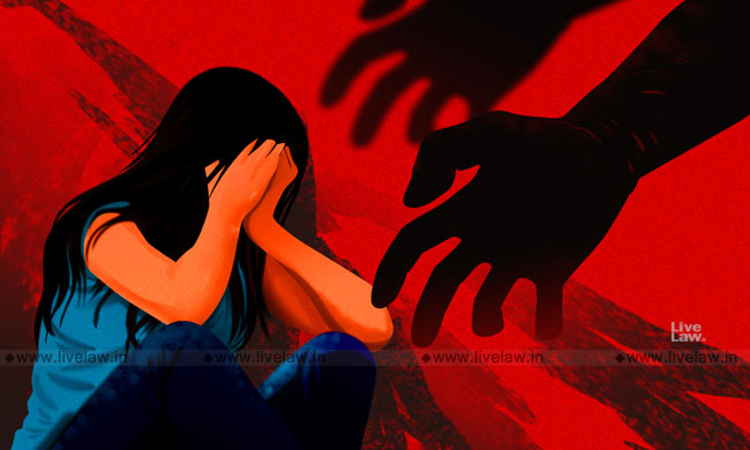POCSO- "Right Of Minor Victims To Participate In The Judicial Process"- Bombay High Court Issues Guidelines
Sharmeen Hakim
8 April 2021 2:15 PM IST

Next Story
8 April 2021 2:15 PM IST
The Bombay High Court on Thursday issued guidelines for the effective implementation of the Protection of Children from Sexual Offences Act (POCSO Act) and To ensure the right of a child victim to participate in the in the Judicial process is protected. A Bench of Chief Justice Dipankar Datta and Justice GS Kulkarni, among other instructions, directed the Special Juvenile...
